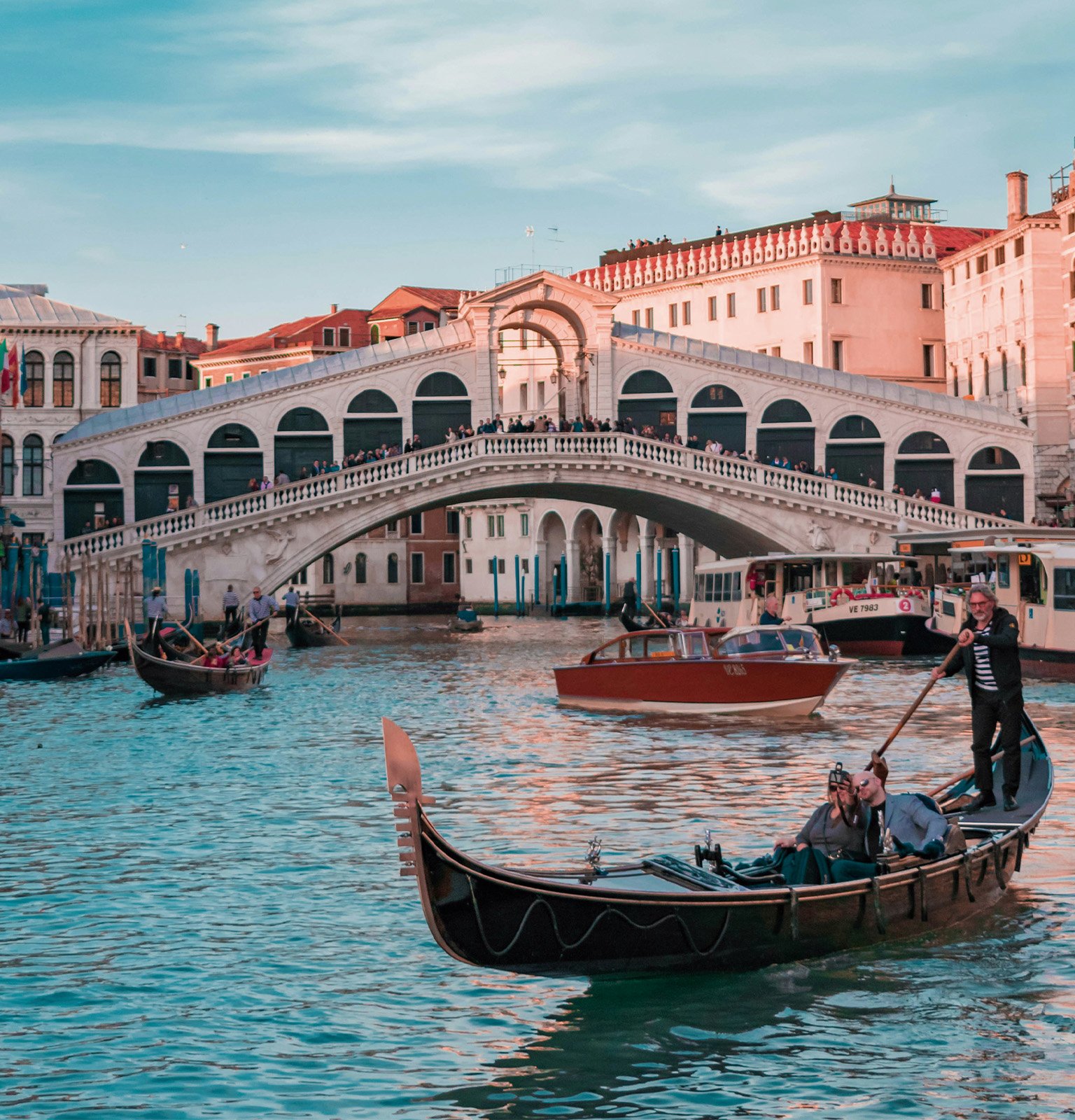
Luxury is an endless, controversial field that has always been the
object of study for philosophers and authors due to the curiosity it arouses
around its existence. The definitions surrounding it are boundless. Formal
dictionaries state that it is the «ostentation of wealth», «any good or object
of high cost». Voltaire viewed luxury as a symbol of a nation’s growth, while
Rousseau argued that it was the idleness and vanity of man, corrupting morals
and undermining virtue. The phrase, «Some people think luxury is the opposite
of poverty. It is not. It is the opposite of vulgarity» also became well-known
in Coco Chanel’s speeches. In addition to the countless meanings, it is worth
comparing the symbolism of luxury today with that of the dawn of humanity. In the
beginning, it was about spirit. It didn’t begin with high-priced goods or
glitz, but rather through generosity, a relationship of reciprocity that luxury
symbolised between the worldly and the transcendent. The gods were offered
talismans and objects of worship which, no matter how precious, had no monetary
value. And this is how it remained until antiquity, when the bonds of sharing
were transformed into relationships of subordination.















